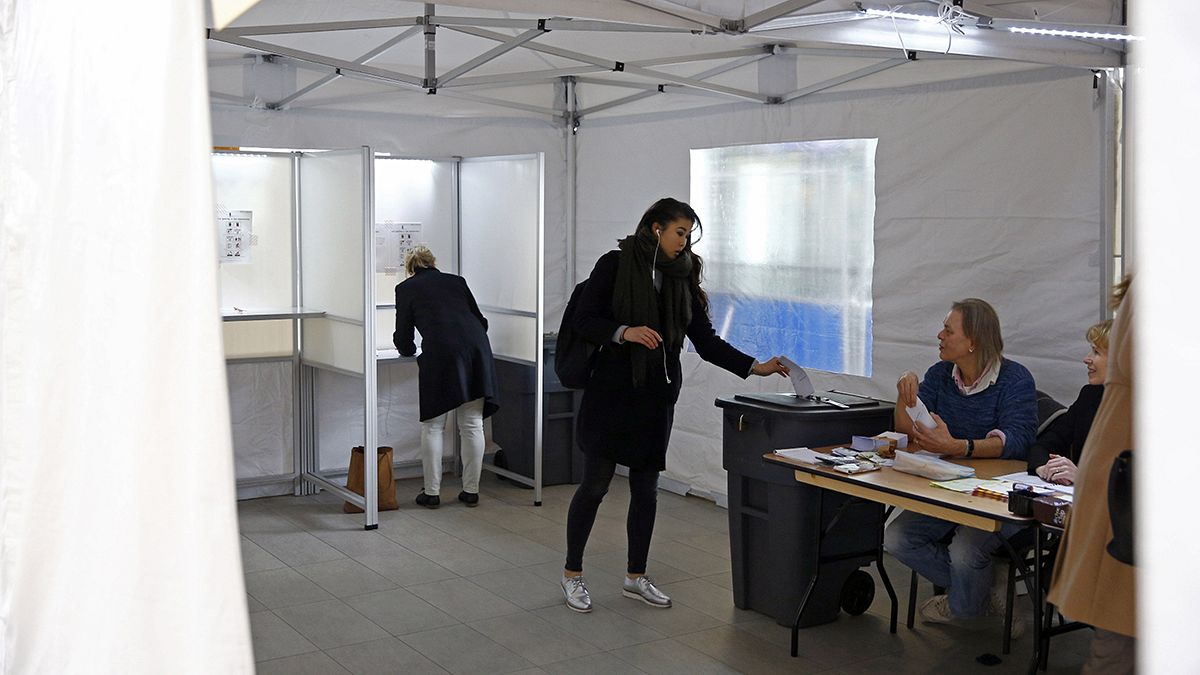Update: click here for the result The outcome of Wednesday’s referendum in the Netherlands on closer ties between the EU and Ukraine is said to
Update: click here for the result
The outcome of Wednesday’s referendum in the Netherlands on closer ties between the EU and Ukraine is said to be too close to call.
The vote is being seen as a test of eurosceptic strength in Europe, under three months before the British referendum on June 23 on whether to leave the European Union.
Dutch exit polls suggest a turnout hovering around the 30 percent required for the vote to be valid. The margin of error of three percent means it is too close to determine while actual results are awaited.
One exit poll put the estimated turnout at 29 percent while a second revised the figure by the pollster Ipsos upwards at 32 percent.
The initial poll says the Dutch have voted “No” to an EU accord with Ukraine by a margin of 64 to 36 percent in a rebuke to the government, which campaigned in favour of the agreement.
Even if the turnout does top 30 percent the vote is non-binding on the government. But Prime Minister Mark Rutte has said on Wednesday night that if a referendum “No” vote was valid, he would reconsider ratification of the Ukraine treaty.
Opponents of the accord have seen the referendum as a chance to show their disapproval of the EU and the way it is run.
Geert Wilders, leader of the eurosceptic Freedom Party, urged voters to send a message to Europe by saying “no”.
But many people expressed irritation at being asked to vote on such an obscure topic.
The treaty between the EU and Ukraine covers political association, trade and defence. It must be ratified by all 28 member states to have full legal force. The Netherlands is the only country not to have done so.
The referendum was made possible under a 2015 law authorising plebiscites if 300,000 signatures are gathered on the internet.
